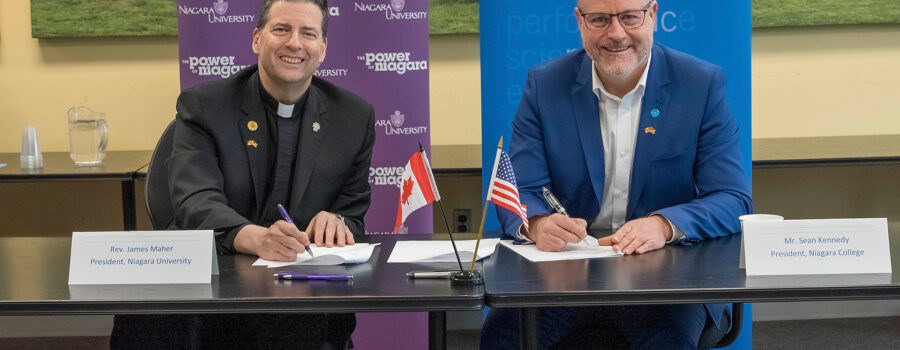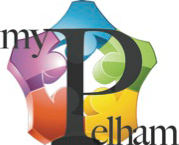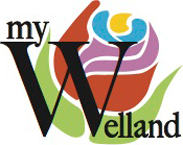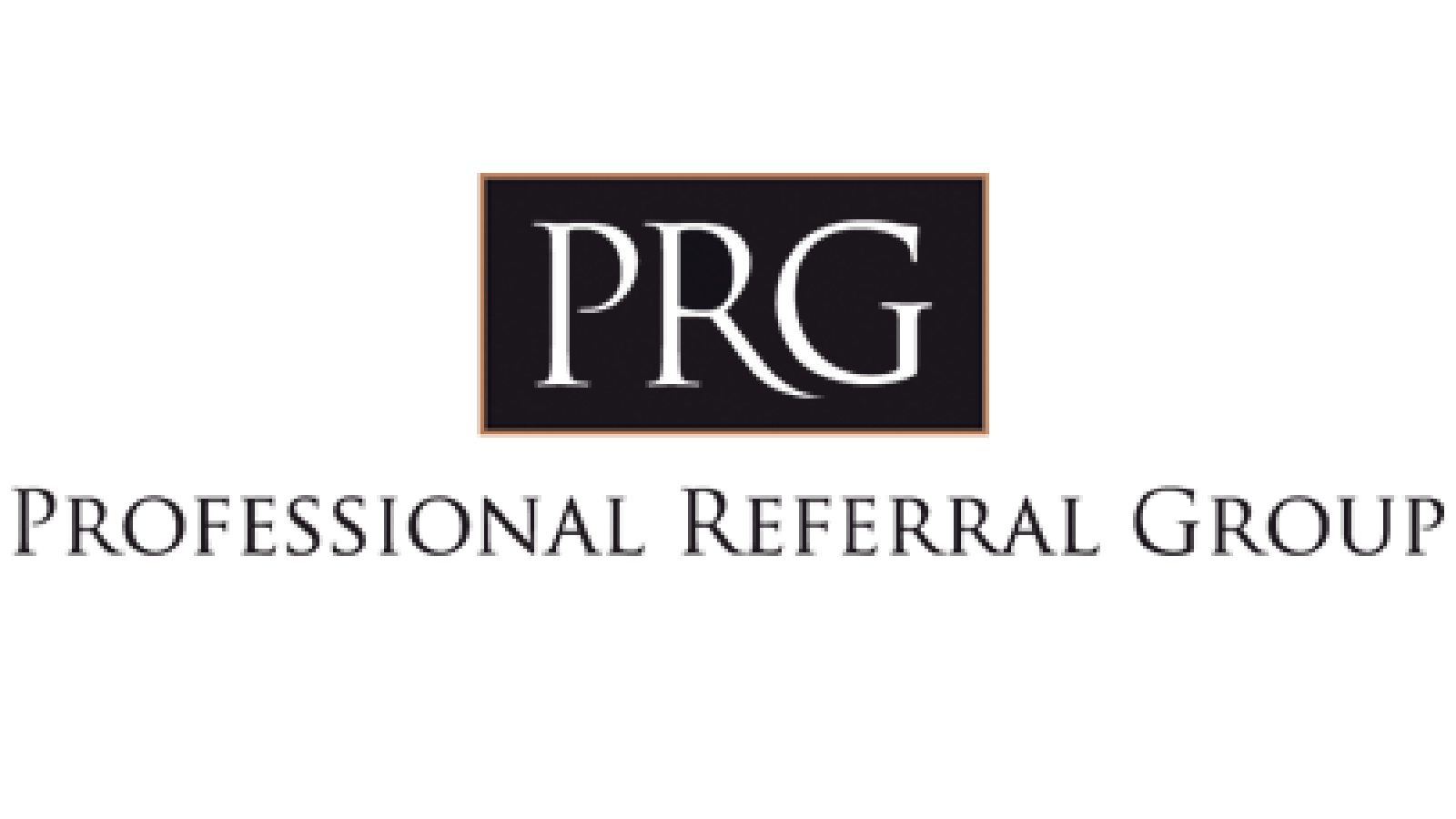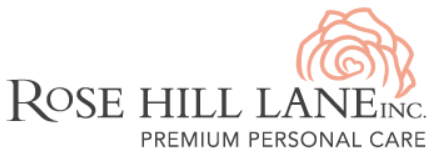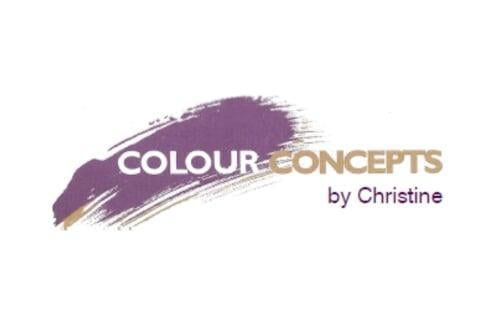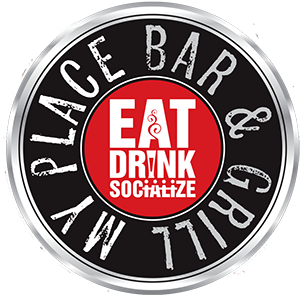NC students from eight programs will gain guaranteed acceptance to NU
They may be on different sides of the border, but two new agreements will bridge the distance between Niagara College and Niagara University for many current and future students.
Representatives from the two postsecondary institutions – Niagara College (NC), based in the Niagara Region of Ontario, Canada, and Niagara University (NU), located Lewiston, New York, U.S.A. – met on February 23 to sign a Dual Admission agreement and an Academic Articulation agreement. The two new agreements create more opportunities for students from diploma programs at NC to seamlessly transition to a degree program at NU.
“As a binational university, Niagara University has a legacy of education in Ontario, and a great history of working closely with Niagara College in providing educational pathways that lead to career opportunities for their students,” said Rev. James J. Maher, President of Niagara University. “This partnership advances our strategic collaboration, creates a seamless application process for students, provides a dual admission scholarship, and gives students a clear direction into an academic pathway.
“We are excited to bring this program forward for these students, and we are proud to continue to call Niagara College our partner in education.”
“Niagara University has been a longstanding friend and partner of Niagara College, and we are thrilled that these new agreements further extend our collaboration and creates new pathways for our students to study at both institutions,” said NC President Sean Kennedy.
“The Dual Admission agreement with Niagara University gives students the assurance that, provided they maintain a good standing within their program at Niagara College, they will be guaranteed acceptance to Niagara University after graduation,” said Fiona Allan, NC Vice-President, Academic. “These well-defined pathways will serve our students well as they continue to explore degree completion opportunities.”
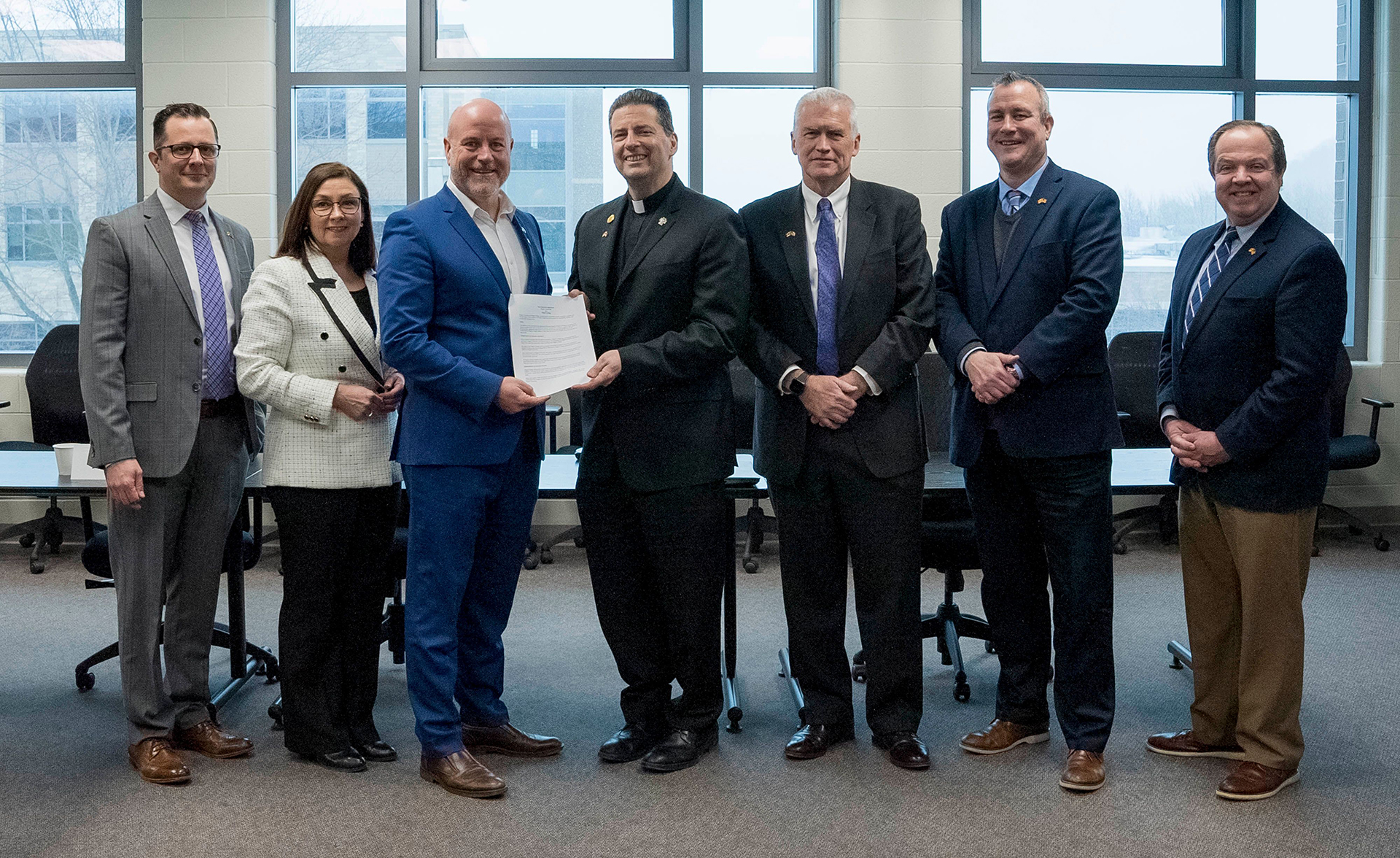 Thanks to the Dual Admission agreement, students from eight Niagara College diploma programs will gain guaranteed and automatic acceptance to Niagara University – as long as they graduate from NC with a grade-point average of 65% or higher. Those who opt to continue their studies in a corresponding NU bachelor-degree program will also receive a $500 scholarship for up to two years of study at NU and will be guaranteed an internship, or a similar high-impact experience if they completed the NU pathway program (where applicable).
Thanks to the Dual Admission agreement, students from eight Niagara College diploma programs will gain guaranteed and automatic acceptance to Niagara University – as long as they graduate from NC with a grade-point average of 65% or higher. Those who opt to continue their studies in a corresponding NU bachelor-degree program will also receive a $500 scholarship for up to two years of study at NU and will be guaranteed an internship, or a similar high-impact experience if they completed the NU pathway program (where applicable).
Students who are accepted into a NC pathway program will be admitted automatically into the associated program at NU. Programs which are a part of the Dual Admission Agreement include:
- NC’s Early Childhood Education program, to NU’s Bachelor of Arts in Liberal Arts;
- NC’s Child and Youth Care program, to NU’s Bachelor of Science in Psychology;
- NC’s Social Service Worker program, to NU’s Bachelor of Science in Social Work;
- NC’s Sport Management program, to NU’s Bachelor of Sports Management – Sports Operation;
- NC’s Police Foundations program, to NU’s Bachelor of Science in Criminology and Criminal Justice;
- NC’s Business Administration – International Business program, to NU’s Bachelor of Science in Management;
- NC’s Business Administration – Marketing (Co-op) program to NU’s Bachelor of Science in Management; and
- NC’s Business Administration – Supply Chain and Operations Management (Co-op) program, to NU’s Bachelor of Science in Management.
Students currently enrolled in the eight NC programs, as well as those who will begin their studies at NU from fall 2023 to fall 2025, will be eligible for dual admission.
The Academic Articulation agreement will create pathways from 16 NC diploma programs to 39 degree programs within NU’s College of Business, College of Education, and College of Hospitality, Sport and Tourism Management.
Students currently enrolled at NC, and those who will begin their studies at NU from fall 2023 to fall 2027, will be eligible for Academic Articulation which offers guaranteed acceptance into a corresponding degree program at NU with the assurance that they may complete all the requirements of a corresponding baccalaureate degree.
To be eligible for pathways that are part of the Academic Articulation agreement, students must have a minimum cumulative GPA of 65%. Upon completion of their NC program, students will continue their studies at NU. Half of all major coursework and the last 10 courses of the program must be completed at NU. NC students follow normal procedures for transfer admissions.
Dual admission and pathways created through the new agreements are open to both domestic and international students at NC, although they do not guarantee admission to the U.S. Students are responsible for securing their own student visas and immigration documents as required.
Details about available pathways for NC students are available at niagaracollege.ca/pathways/.
About Niagara College
Niagara College has a full-time enrolment of more than 9,500 students from over 80 countries, who study in 130 diploma, certificate and bachelor degree programs at specialized campuses in Welland and Niagara-on-the-Lake. Niagara College is also involved in educational projects and partnerships around the world and is consistently ranked among Canada’s top 10 colleges for research funding. Learn more at niagaracollege.ca.
About Niagara University
Founded by the Vincentian community in 1856, Niagara University is a comprehensive institution, blending the best of a liberal arts and professional education, grounded in our values-based Catholic tradition. Its colleges of Arts and Sciences, Business Administration, Education, Hospitality, Sport and Tourism Management, and Nursing offer programs at the baccalaureate, master’s, and doctoral level.
As the first Vincentian university established in the United States, Niagara prepares students for personal and professional success while emphasizing service to the community in honor of St. Vincent de Paul. Niagara’s institutional commitment to service-learning has led to its inclusion on the President’s Honor Roll for Community Service every year since its inception in 2006, and its recognition with the Carnegie Foundation’s Classification for Community Engagement.

